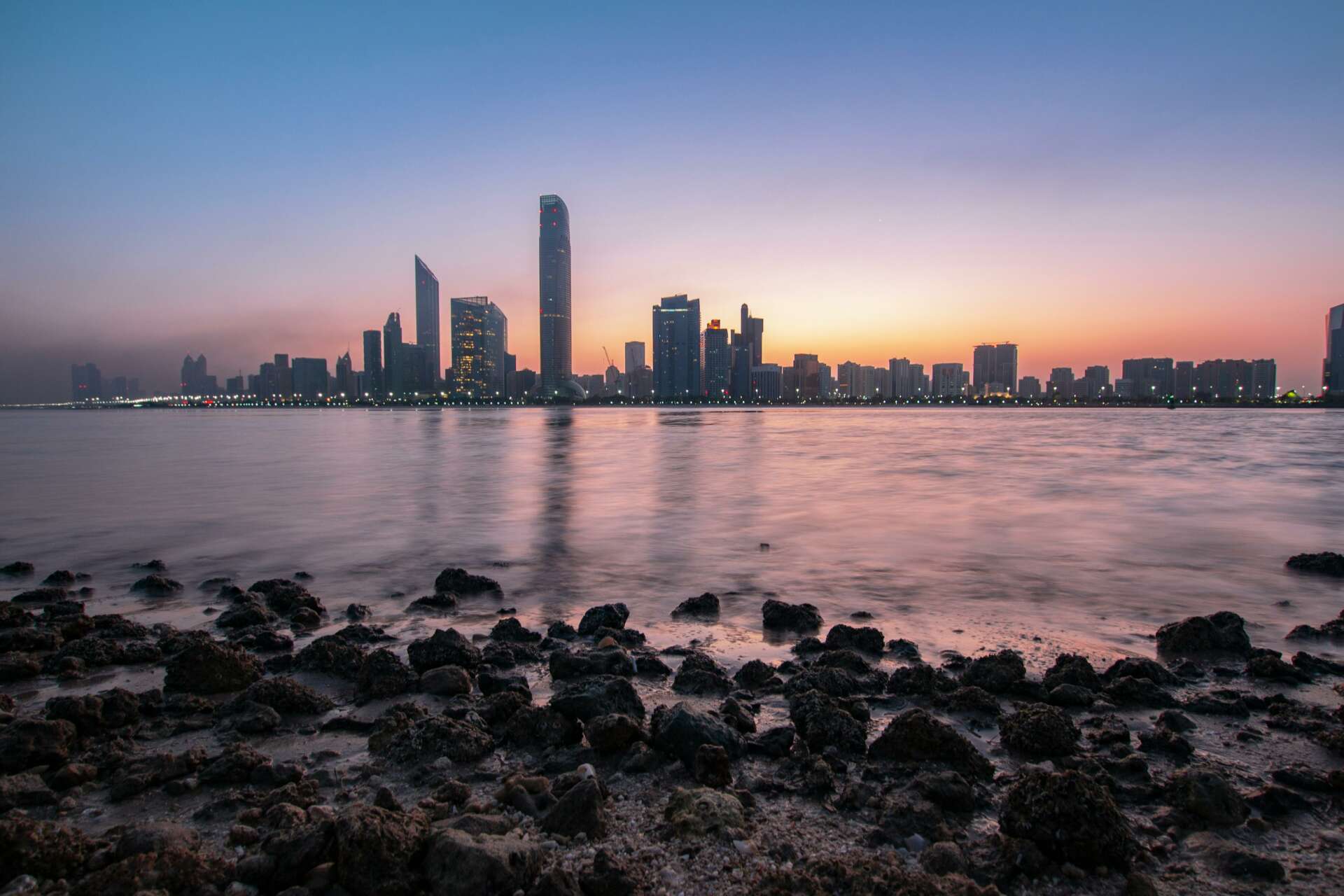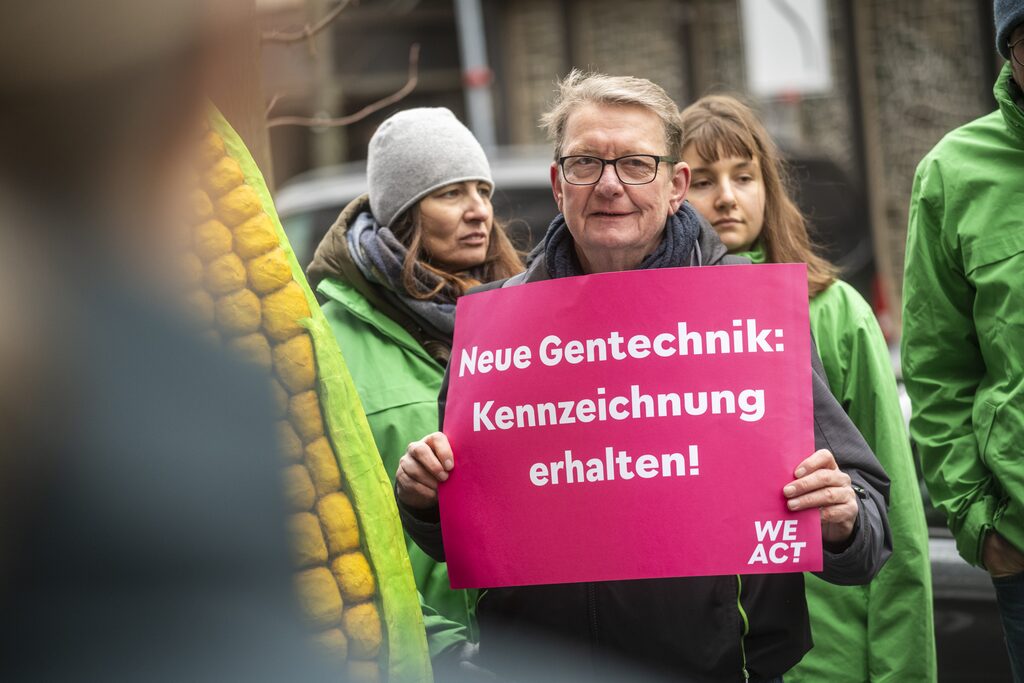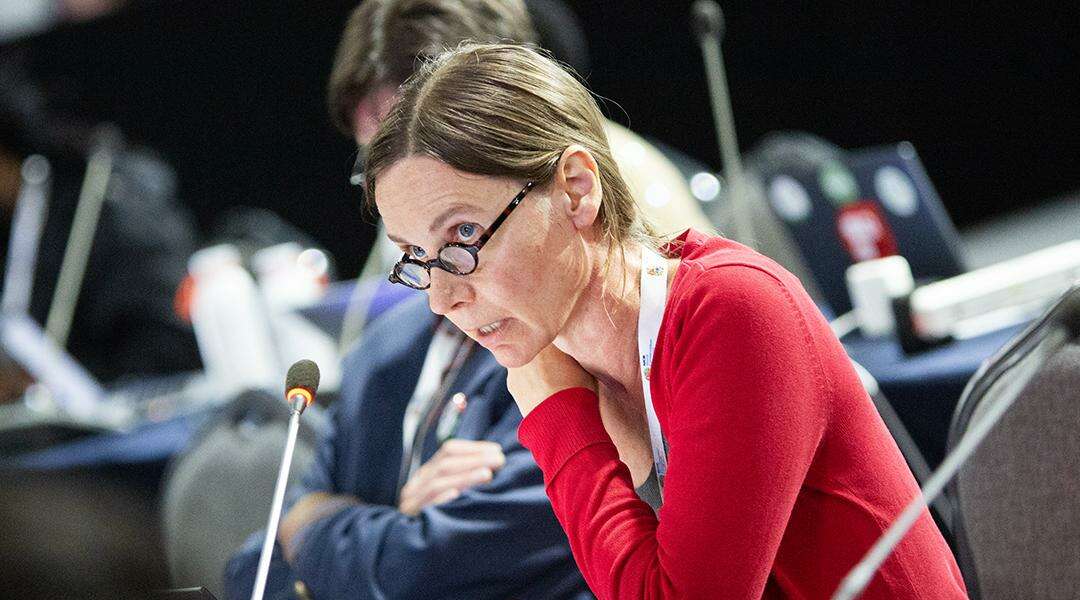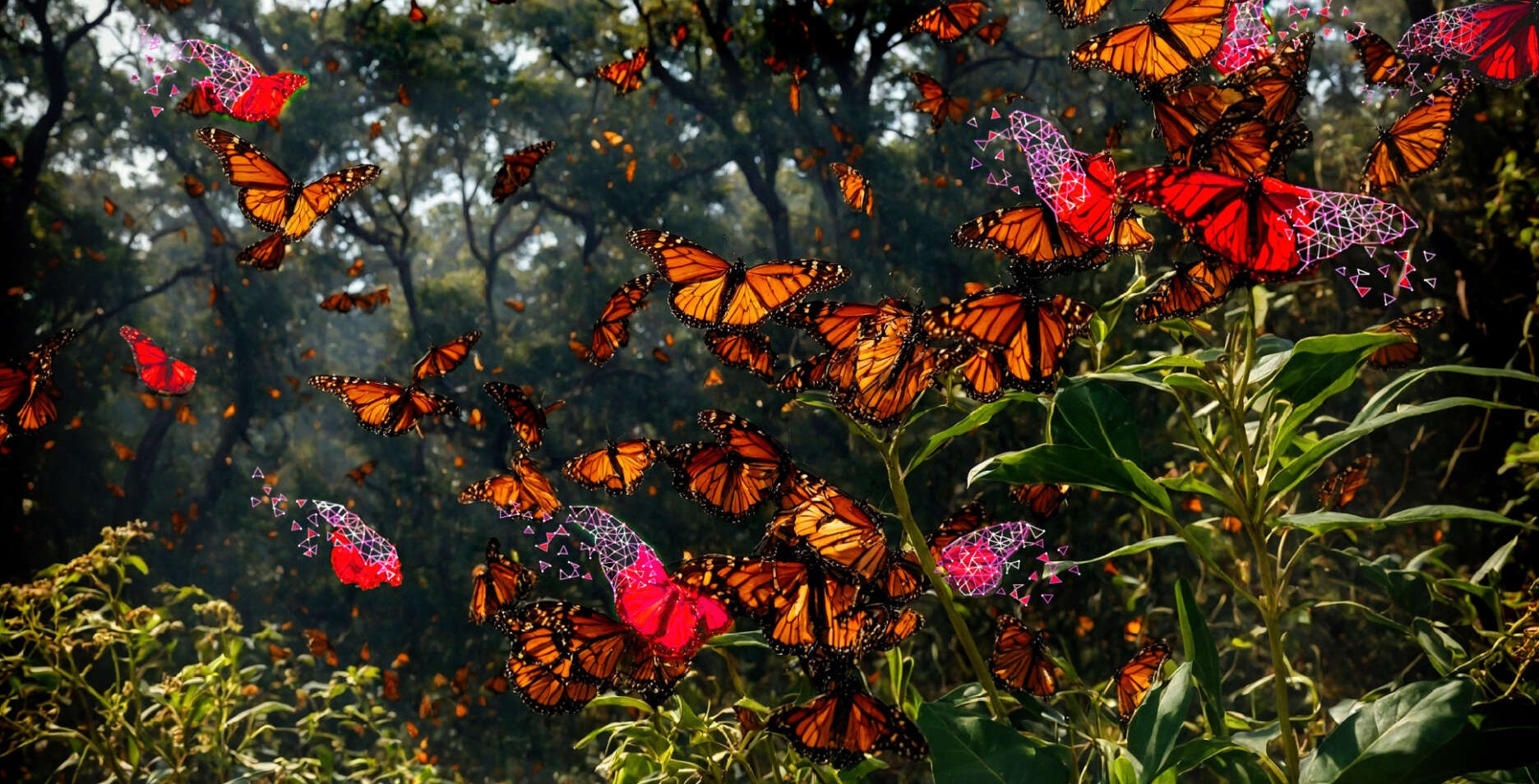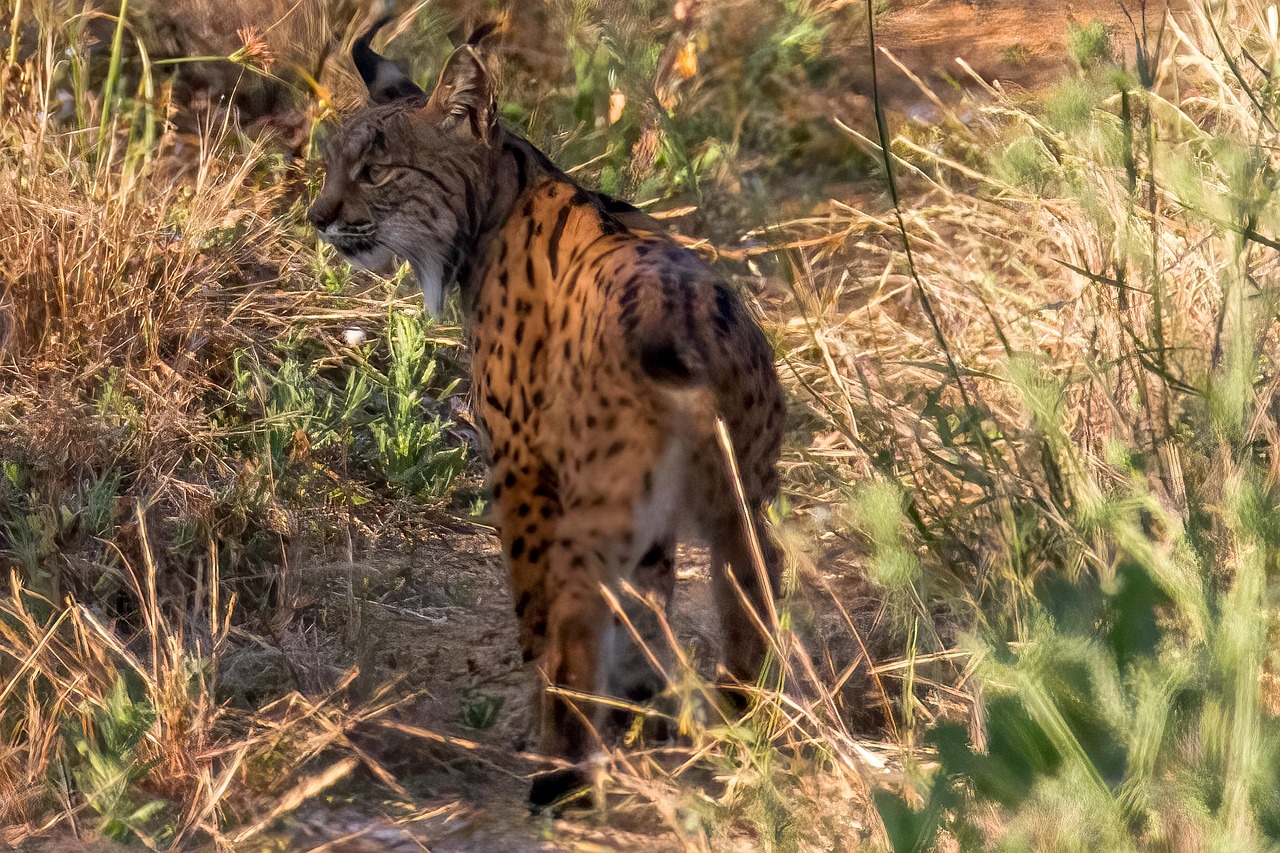Should genetic engineering be used to kill off invasive species, or make corals resistant to warmer waters? Should endangered species be genetically modified in the name of nature conservation? The controversy over the role of genetic engineering in nature conservation continues to intensify. Two motions have been submitted for adoption by the World Congress of the International Union for Conservation of Nature (IUCN) later this year.
The IUCN uses the term “synthetic biology” to describe genetic engineering techniques used to create or modify genetic materials, living organisms and biological systems. At the Union’s World Congress in Abu Dhabi, IUCN members will be asked to decide how such technologies may—or may not—contribute to nature conservation.
A number of NGOs, including Save Our Seeds, are concerned that genetic engineering could undermine efforts to protect and restore nature. They argue that current genetic engineering approaches pose significant risks to biodiversity and may conflict with IUCN principles of preserving nature’s integrity and diversity. Moreover, they contend that the risks of these technologies may be difficult to fully assess or manage, and that cross-border movement of genetically engineered organisms may be impossible to control. French NGO Pollinis, supported by seven other organisations from Benin, Canada, Ecuador, Germany, Pakistan and Switzerland, has therefore proposed a motion calling for “a moratorium on genetically engineering wild species in natural ecosystems.”
Biotechnology advocates, by contrast, claim that new technologies are essential to solve complex environmental problems, such as eradicating invasive species on islands. They say it is inappropriate to make sweeping generalisations about the “positive” or “negative” outcomes of genetic engineering. Instead, each proposed application should be evaluated on a case-by-case basis to weigh specific risks and benefits. This is the approach chosen in the proposed “IUCN Policy on Synthetic Biology in Relation to Nature Conservation,” which enjoys broad support from biotechnology proponents.
Supporters of the policy describe it as the result of “the most participatory process the IUCN has ever undertaken.” However, NGOs have raised serious concerns about the process, citing a lack of transparency, conflicts of interest and insufficient involvement of Indigenous Peoples and Local Communities (IPLCs). The development of the policy was mandated by the last IUCN World Congress, held in Marseille in 2021.
From 23 April to 14 May, a first round of online discussions among IUCN members took place. As could be expected, biotechnology proponents – including technology developers – attacked the proposed moratorium as “unnecessary” and incompatible with the draft policy. NGOs, in turn, criticised the policy for failing to address the far-reaching consequences of applications where robust environmental risk assessments are not feasible, and where engineered organisms cannot be recovered once released into the environment. They argued that the most far-reaching interventions should not proceed and called for greater recognition of existing regulatory gaps.
Several scientists involved in gene drive research participated in the discussions, including representatives from Target Malaria, the Ifakara Health Institute and Peking University. They represented the IUCN Commission on Ecosystem Management (CEM) and the IUCN Species Survival Commission (SSC). On the NGO side, contributions came from Pollinis, Nature Canada, Nature Tropicale, Deutscher Naturschutzring (DNR), BUND Naturschutz, Pro Natura and the Coordinadora de Organizaciones Indígenas de la Cuenca Amazónica (COICA), among others. Save Our Seeds, a member of DNR, supported its effort.
By the end of the first round of discussions, both motions had proven so contentious that they will not be voted on during the upcoming online voting session. Instead, they will be debated and potentially decided in person at the World Congress in October in Abu Dhabi.
Watch the recording of a recent webinar organised by Pollinis, Save Our Seeds and A Bigger Conversation
Consult our resource list established for the webinar
Photo ©Pexel — Abu Dhabi skyline

